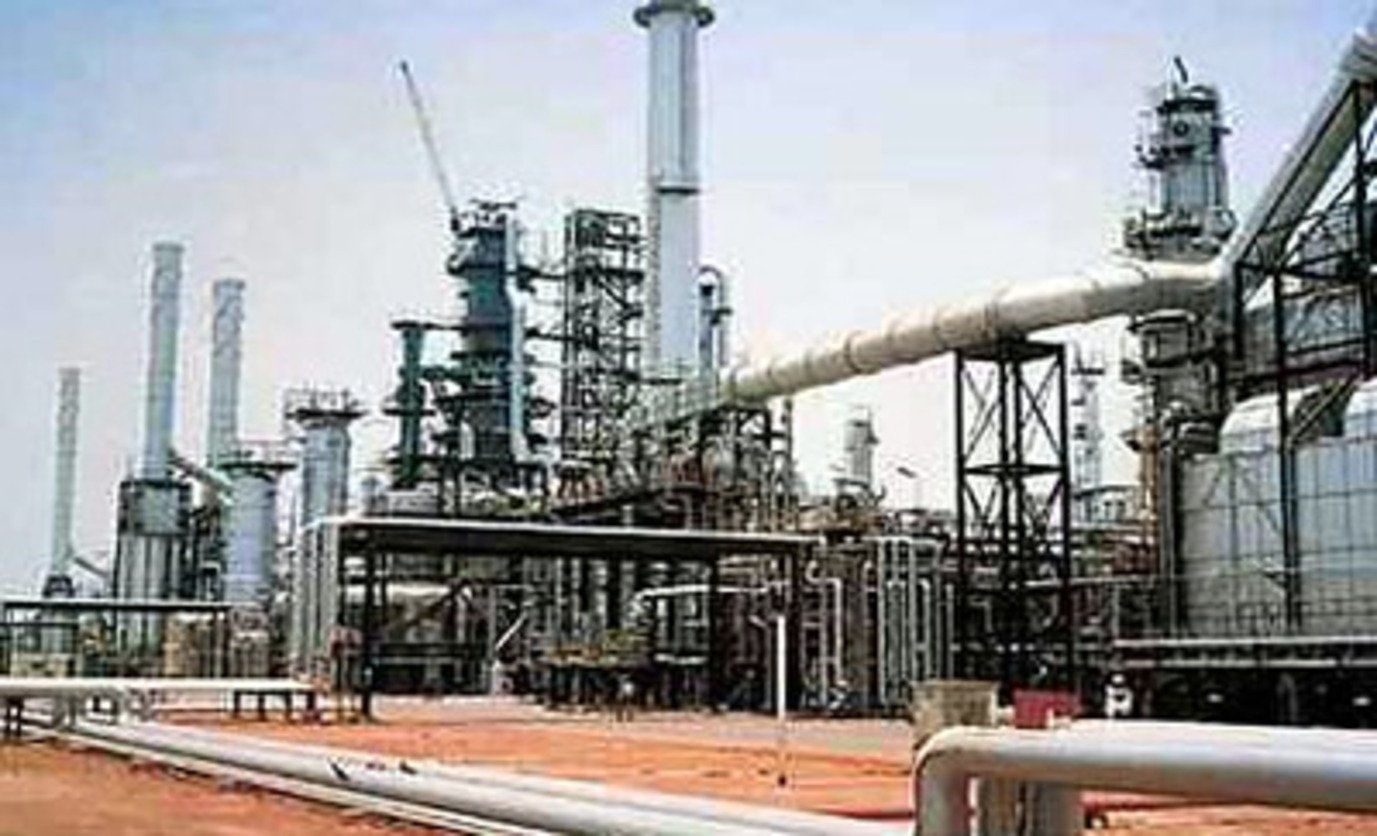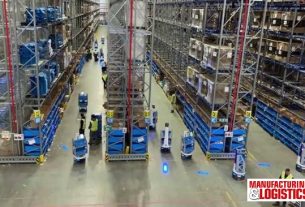The Nigerian National Petroleum Company (NNPC) Limited has officially announced the resumption of operations at the Warri Refining and Petrochemicals Company (WRPC) in Delta State. The refinery, with a capacity of 125,000 barrels per day, had been inactive for several years due to maintenance and operational challenges. This restart is seen as a significant step in Nigeria’s efforts to revitalize its domestic refining sector and reduce the country’s reliance on imported petroleum products.
Strategic Importance for Nigeria’s Oil Industry
The reopening of the Warri refinery comes at a crucial time for Nigeria, a major oil-producing nation that has long struggled with inadequate refining infrastructure. With most of the country’s crude oil being exported and refined abroad, Nigeria has faced persistent shortages of refined products, leading to dependence on imports and foreign exchange outflows.
The NNPC’s decision to restart the WRPC is part of broader efforts to revamp Nigeria’s oil refining capabilities, reduce fuel importation costs, and enhance energy security. The refinery’s capacity of 125,000 barrels per day is expected to contribute significantly to the nation’s supply of refined petroleum products, including petrol, diesel, and kerosene.
Revitalization Efforts and Future Plans
The resumption of operations at WRPC follows extensive repairs and upgrades aimed at improving the refinery’s operational efficiency. The NNPC has outlined plans to further modernize Nigeria’s existing refineries and expand refining capacity in the coming years. This is in line with the government’s push to stimulate economic growth through the development of the country’s oil and gas sector.
Additionally, the Nigerian government has been exploring various initiatives to encourage participation in the refining industry, as well as attract foreign investment to further strengthen the sector.
This is a pivotal moment for the country to capitalize on the need for petroleum products globally especially in the EU due to the ongoing Ukrainian war and it’s effect on the supply chain, if the country could successfully ride this wave it will be able to stabilize it’s economy before the shift to renewals become more rapid and pronounced and it will likewise position the country to better adapt and transform it’s energy and petrochemical sector and keep up with global shift and changes in the sector.
Economic and Environmental Impacts
By resuming operations at the Warri refinery, Nigeria stands to benefit from cost savings, job creation, and reduced environmental impact. Local refining reduces the need for long-distance transportation of petroleum products, which can cut down on emissions and the carbon footprint associated with the importation process.
The NNPC’s move is also expected to reduce the country’s vulnerability to global oil price fluctuations and supply disruptions, providing more stability in the domestic energy market.
Conclusion
The Warri refinery’s resumption represents a pivotal moment in Nigeria’s ongoing efforts to boost its oil refining sector and reduce reliance on imported refined products. As the NNPC moves forward with the revitalization of other refineries, this development underscores the importance of enhancing domestic production capabilities in securing the country’s energy future. The Warri refinery’s return to operation is not just a technical milestone, but a critical step in Nigeria’s broader economic strategy.
Picture by PhotoNewsNigeria: https://www.flickr.com/photos/78397431@N08/7487846100/



